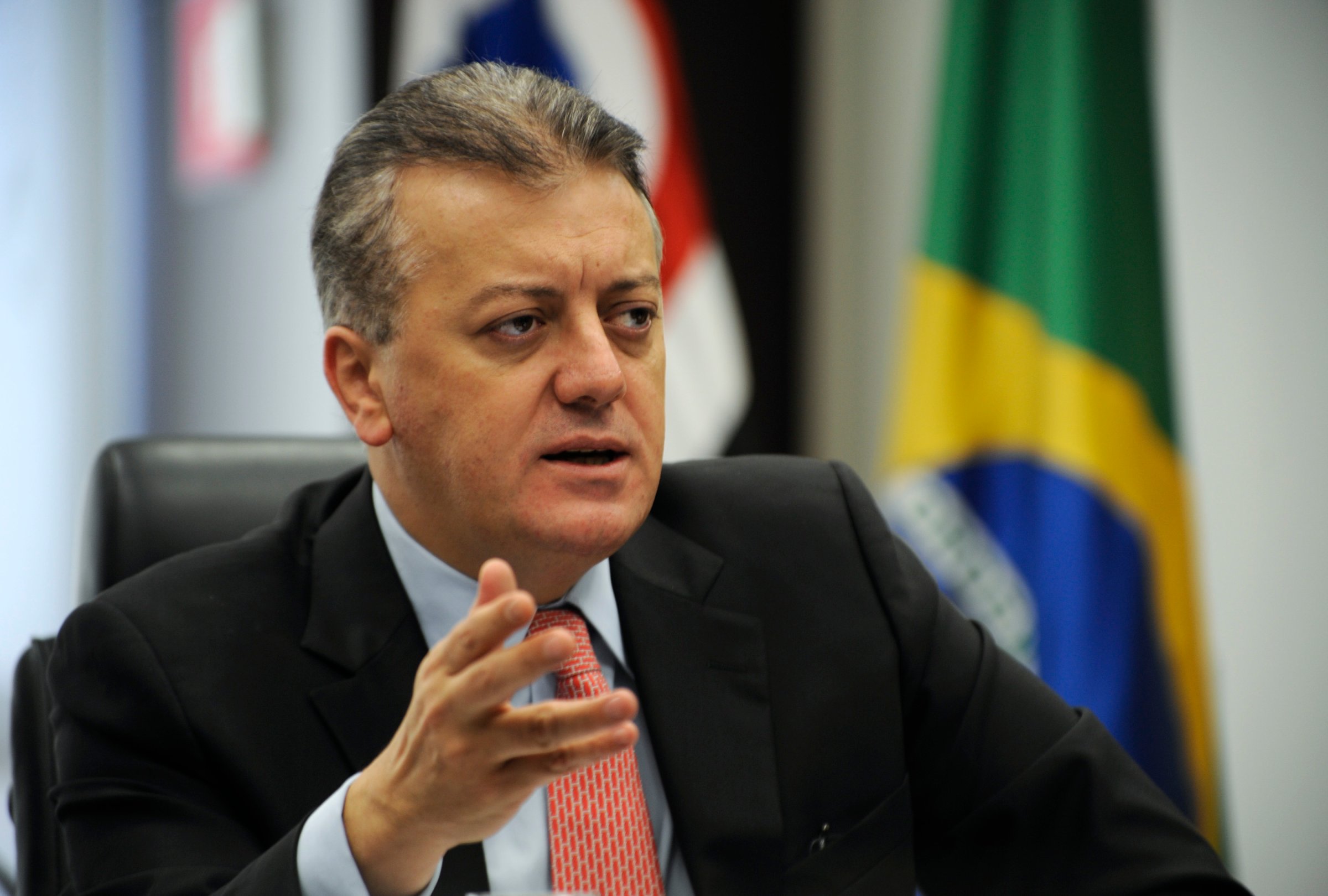
The choice of banker Aldemir Bendine, a confidant of Brazilian President Dilma Rousseff, to take over as CEO of Petroleo Brasileiro (Petrobras) disappointed many who would have preferred a more independent leader of the government-owned company as it fights to emerge from a corruption scandal.
No one actually accused Rousseff of cronyism because Bendine’s new job is largely political, as the nation’s president has always named the majority of Petrobras’ board members, who choose their CEO.
Yet observers said it was time not for a banker, but for a CEO with deep roots in the energy sector to steady the company.
Nevertheless, on Feb. 6 Rousseff chose Bendine, the CEO of the government-owned Banco do Brasil, who has no experience in the oil business, to replace Maria Silva Foster, who resigned Feb. 4 as Petrobras CEO along with five other senior executives in the face of a broad investigation of graft that has cost Petrobras about $100 billion since September.
Read more: Oil Majors’ Profits Take A Beating
Investors’ outrage came on Feb. 6 hours before Bendine’s appointment was formally announced when the company’s stock plunged 8 percent at the opening of trading. Later that day the company’s board members confirmed him despite objections of fellow board members whom Rousseff hadn’t appointed.
Bendine is far from incompetent, having led Banco do Brazil to ever higher profits and an increase in its stock value of about 90 percent. He promoted the Rousseff government’s leftist economic policies, yet simultaneously pleased private shareholders by managing the bank deftly.
But many believe that doesn’t mean he can run an oil company, particularly one that is both privately and publicly managed, one that must emerge from a deep corruption scandal, and one that has suffered from the country’s sluggish economy.
Reaction was virtually unanimous from energy industry observers. One, Auro Rozenbaum of Bradesco BBI analysts, wrote in a note to a client, “We see no managerial improvement compared to the previous administration.”
Adriano Pires, an energy specialist at the Brazilian Center of Infrastructure in Rio de Janeiro, agreed. “Bendine’s appointment shows that Dilma will be the one at the helm of Petrobras,” he said. “The market wanted change and autonomy. The message she sent was it is more of the same.”
And Silvio Sinedino, a board member who represents Petrobras’ employees, posted on Facebook that he had voted against Bendine because “political appointments … end up costing a high price in corruption and wrongdoing.”
Read more: Drought Forcing Brazil To Turn To Gas
Forbes magazine sought to emphasize the inappropriateness of Bendine’s appointment by listing the credentials of men and women it called his “peers” in the global energy industry. For example, it said, Eulogio del Pino, the president of Petroleos de Venezuela, is a geophysicist with a master’s degree in oil exploration from Stanford University. He is a 36-year veteran of the oil and gas industry.
It also cited Miguel Galuccio, the CEO of Argentina’s state-owned YPF. He’s an oil engineer and a 19-year veteran of the industry. In China, there’s Zhou Jiping, the president of Petrochina. Zhou is a petrochemical engineer with 40 years’ experience. Igor Sechin, the president of Russia’s oil giant Rosneft, may have formal credentials only as a politician, but his 11 years in the energy industry has given him a strong grasp of oil.
As for Bendine, he has an MBA from the Catholic University of Sao Paulo and has spent his entire career at Banco do Brasil, where he’s excelled. But Forbes asks whether he can abruptly switch to an entirely different industry, especially at a $42 billion oil company struggling with a corruption scandal.
This article originally appeared on Oilprice.com.
More from Oilprice.com:
More Must-Reads from TIME
- Donald Trump Is TIME's 2024 Person of the Year
- Why We Chose Trump as Person of the Year
- Is Intermittent Fasting Good or Bad for You?
- The 100 Must-Read Books of 2024
- The 20 Best Christmas TV Episodes
- Column: If Optimism Feels Ridiculous Now, Try Hope
- The Future of Climate Action Is Trade Policy
- Merle Bombardieri Is Helping People Make the Baby Decision
Contact us at letters@time.com